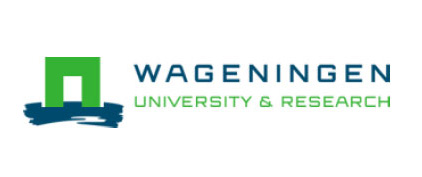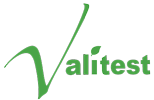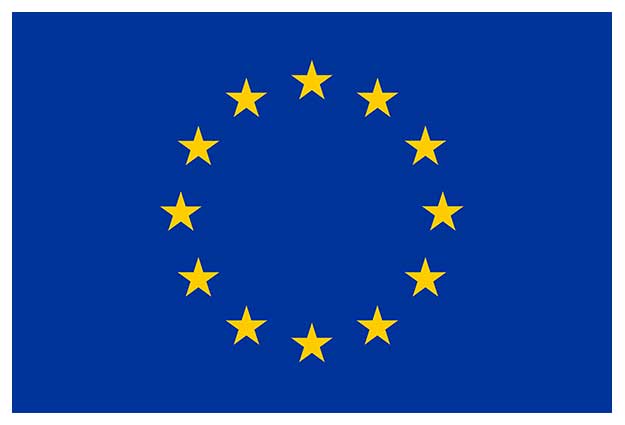Partner's general description and participants

Stichting Wageningen Research
www.wur.nl/en.htm
Stichting Wageningen Research (Foundation WR), part of Wageningen University & Research, consists of a number of specialized institutes for strategic and applied research in the domain of healthy food and living environment. The Business Unit Biointeractions & Plant Health is part of one of the research institutes (Wageningen Plant Research) within WR and operates through the whole agro production chain from DNA-level till concepts for production systems.
The business unit Biointeractions & Plant Health of WR has significant experience in EU project management through the coordination of Framework 5, 6 and 7 project consortiums and is an internationally active group in the field of quarantine plant and seed health research. The business unit has participated in many EU and national projects on identification and detection methods related to quarantine and non-quarantine diseases and pests; it routinely carries out research in support of these developments and is a major European contributor for providing representation within the EU on Plant Health and Fytosanitary issues. Research involves all aspects of Plant Health, i.e. studies on (molecular) diagnostics, ecology, (bio) control and molecular plant pathogen interactions.
WR also maintains a huge plant virus collection. The “Prime Diagnostics” commercial trade name was created with the aim of developing, producing and marketing diagnostic products for Plant Health and nowadays operates as a market driven unit with strong business focus on plant health diagnostics. Fully embedded within the business-unit Prime Diagnostics develops and produces tests and reagents (including positive and negative controls) for the detection of plant pathogens (viruses, bacteria, fungi and viroids) which are used by growers, seed and breeding companies, quality and research laboratories in the floriculture, fruit, arable and vegetable sectors worldwide.
Role and participation in the project
WR will participate in all WPs, except WP5, and will lead WP3 (Guidelines on reference materials).
Participants
René VAN DER VLUGT
Prof. Dr. René van der Vlugt is a senior scientist and plant virologist, head of the plant virus group at WR and an endowed professor Ecological Plant Virology at Wageningen University. He has over 30 years of experience both in biological and molecular research on plant viruses and is responsible for research projects on the identification, characterization and epidemiology of plant viruses. He participated in many EU funded projects including Q-collect and TESTA and coordinated the EU-funded DISCOVAR project and the PEPEIRA project on Pepino mosaic virus.
Peter BONANTS
Dr. Peter Bonants is a senior scientist and has over 20 years of experience in development and validation of identification and detection methods for quarantine pathogens. He is a chair of the royal Dutch Plant Pathology Society (KNPV) working group of Phytophthora/Pythium. He coordinated the Mol. Diagnostic Session at the ICPP Meeting in Turin (2008) and Beijing (2013). He participated in many EU funded projects (e.g. Portcheck, TESTA) and he coordinated the EU FP7-projects QBOL and Q-collect. Currently he coordinates phytosanitary research projects within The Netherlands.
José VAN BECKHOVEN
Ms José van Beckhoven is head of Prime Diagnostics, the group within WR responsible for the production and sales of diagnostics for plant viruses and plant pathogenic bacteria. She participated in the EU-funded FP7 project Mycorray.
Jan BERGERVOET
Dr. Jan Bergervoet is senior scientist on Luminex technologies, binding studies and diagnostics.






